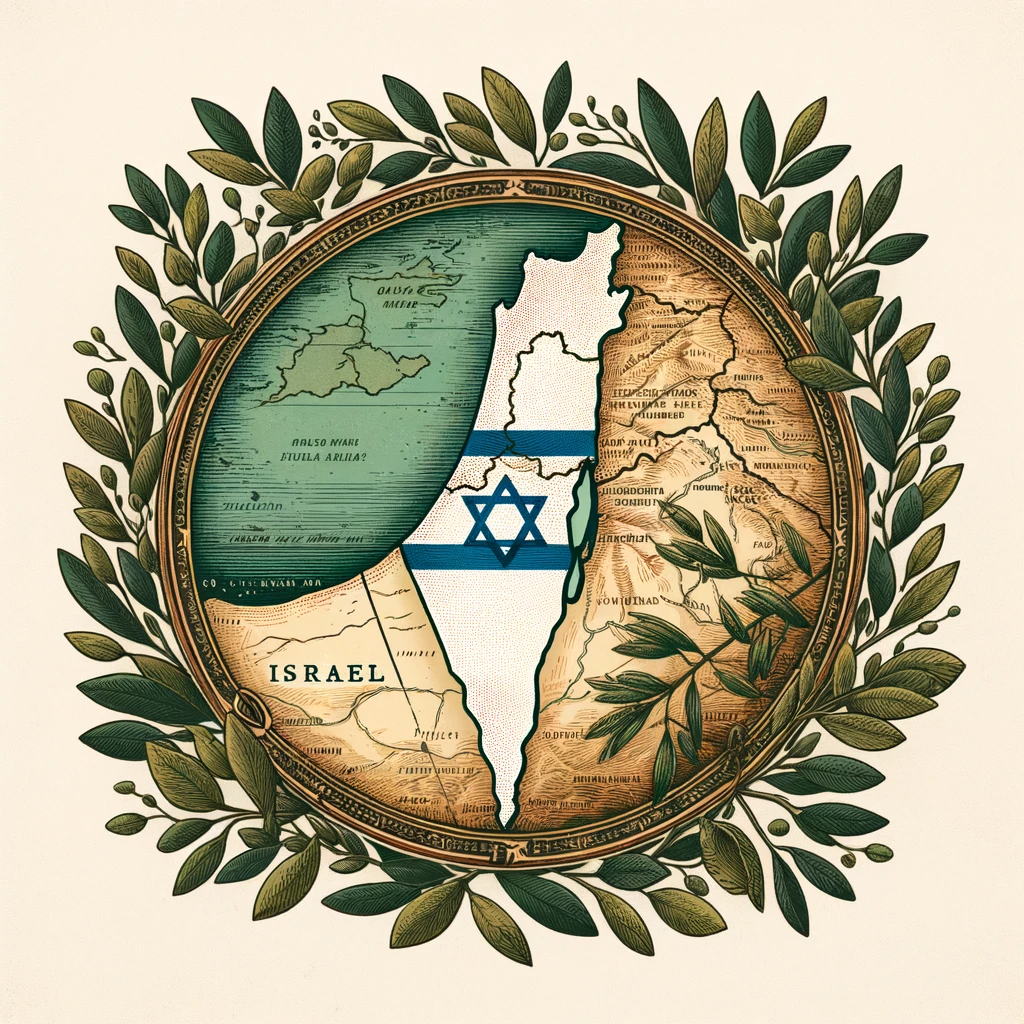
The establishment of the State of Israel is a pivotal event in modern history, replete with cultural, political, and religious implications. To gain a comprehensive understanding, we must examine the timeline of its formation, the rationale behind its creation, and the varied arguments that accompany its establishment.
1. When was it formed?
Israel declared independence on May 14, 1948, following the termination of the British Mandate for Palestine. This followed a sustained campaign by Zionist leaders for a homeland in response to the Jewish experience in Europe, particularly the Holocaust.
2. Who decided to create it and why?
Zionism, the movement advocating for a Jewish homeland, gained momentum in the 19th century, propelled by leaders like Theodor Herzl. British support was encapsulated in the Balfour Declaration of 1917, which the League of Nations later incorporated into its mandate system. Post-World War II, the United Nations’ Partition Plan for Palestine in 1947 laid the groundwork for Israel’s creation, spurred by the urgent need for a Jewish state.
3. What are the pro and con arguments for its creation?
Pro Arguments:
- Israel provided a sanctuary for Jews after the Holocaust and a platform for political self-determination.
- Proponents cite millennia-old historical connections to the land as a basis for the Jewish state.
- The UN’s endorsement via the Partition Plan provided a legal foundation for Israel’s creation.
Con Arguments:
- The establishment of Israel resulted in the displacement of Palestinian Arabs, leading to ongoing conflict and humanitarian concerns.
- Some view Israel’s creation as a legacy of Western colonialism and imperialism.
- The state’s establishment is considered by some as a catalyst for increased regional tensions and conflicts.
The dialogue surrounding the creation of Israel remains complex and continues to shape international policy and debate. It stands as a testament to the intricate balance between historical rights, the aftermath of atrocities, and contemporary geopolitical realities.
For further reading and information, the following resources are available:
- United Nations Partition Plan for Palestine (UN Resolution 181)
- The Balfour Declaration 1917 (The British Library)
- “A History of Israel: From the Rise of Zionism to Our Time” by Howard M. Sachar
- “The Birth of Israel: Myths and Realities” by Simha Flapan
Please note that these links are for reference purposes and should be accessed directly for detailed studies and accurate historical understanding.


Leave a Reply